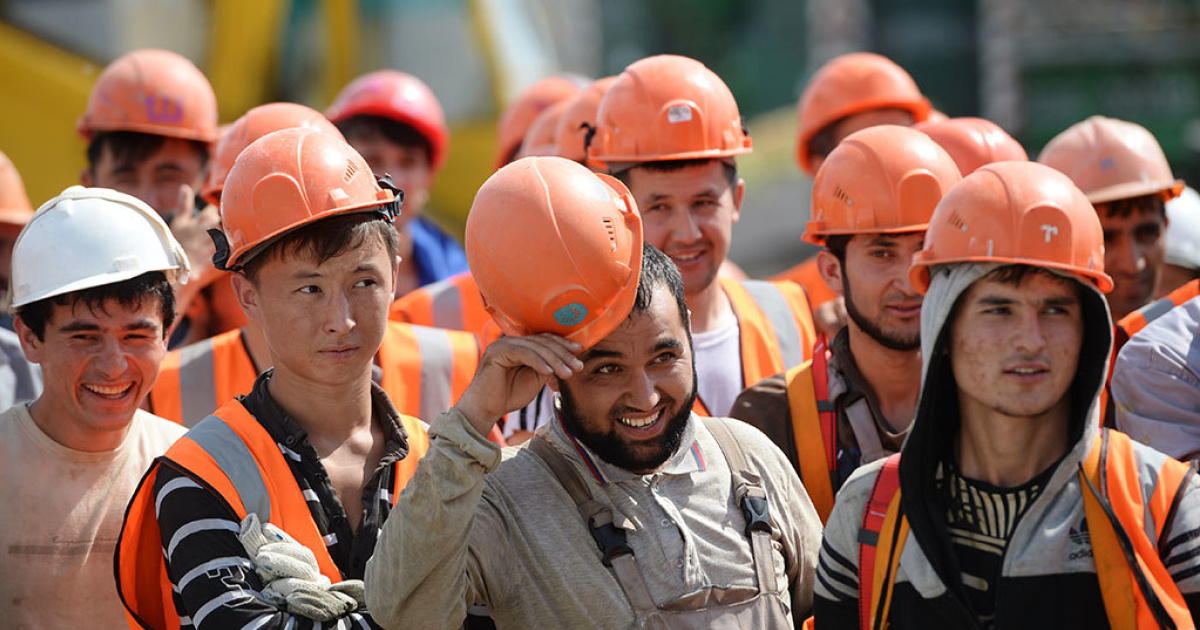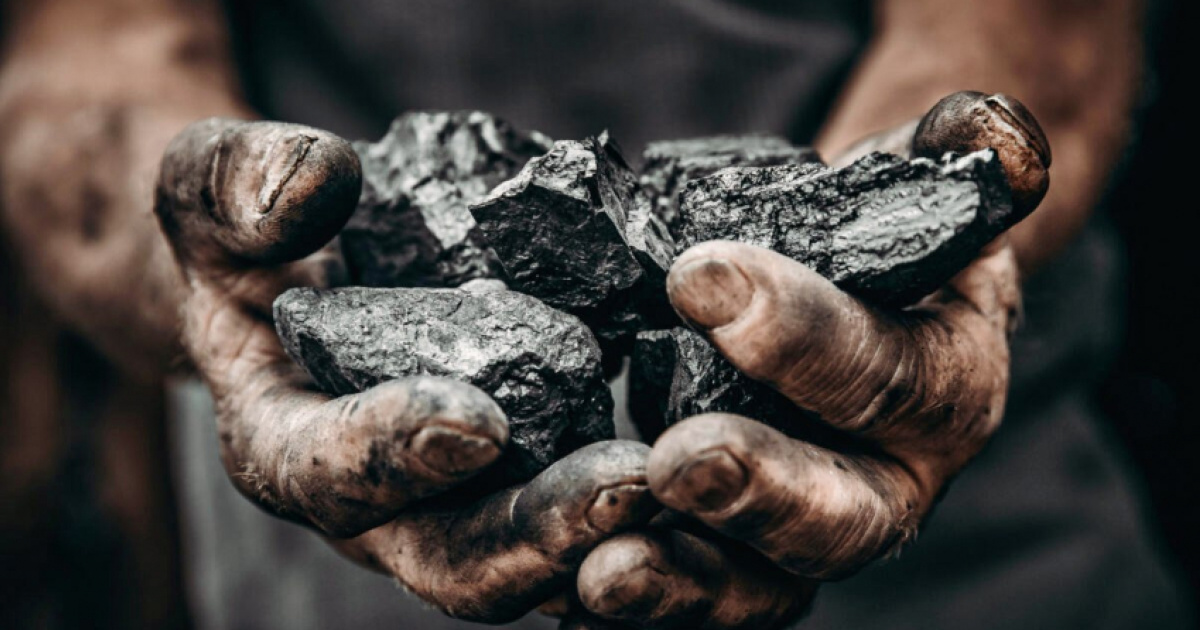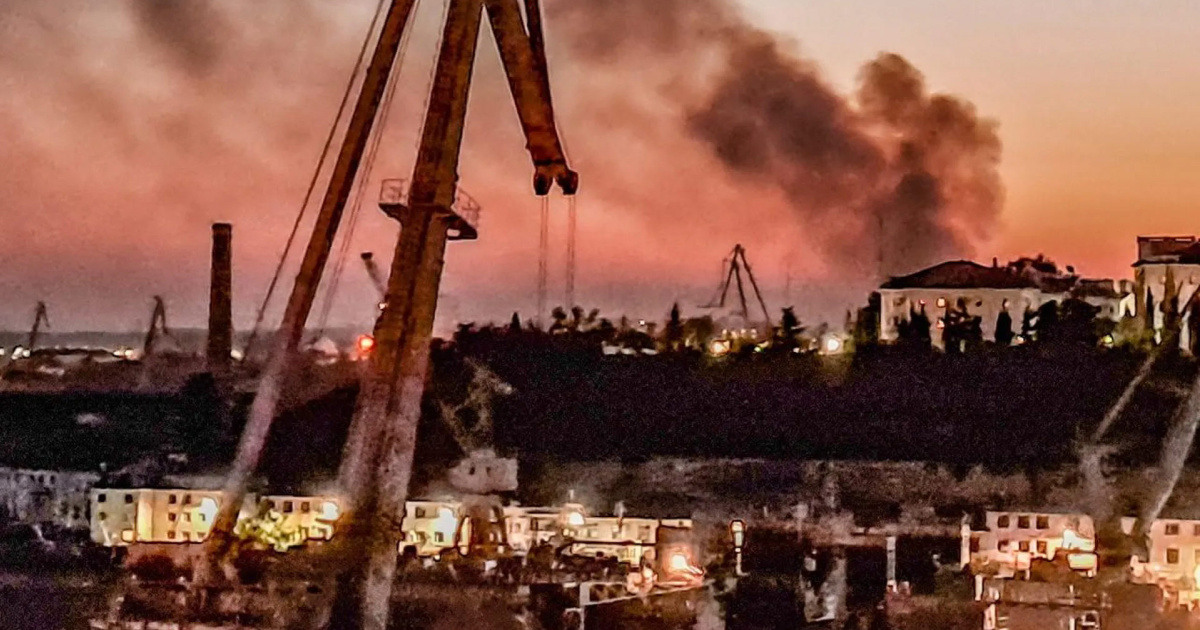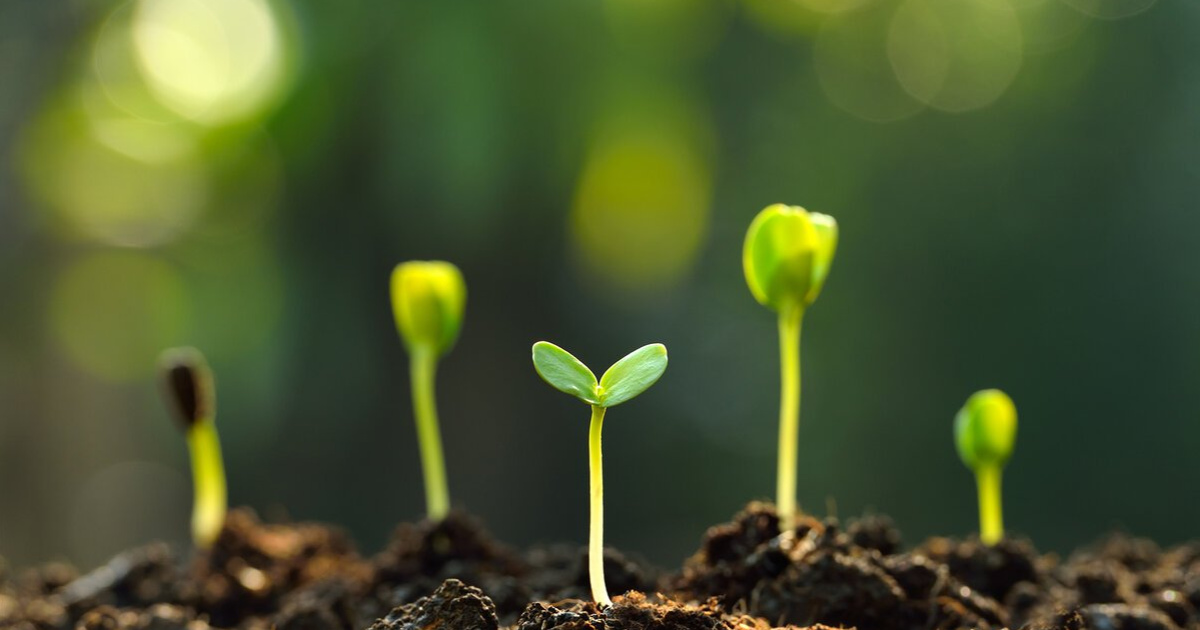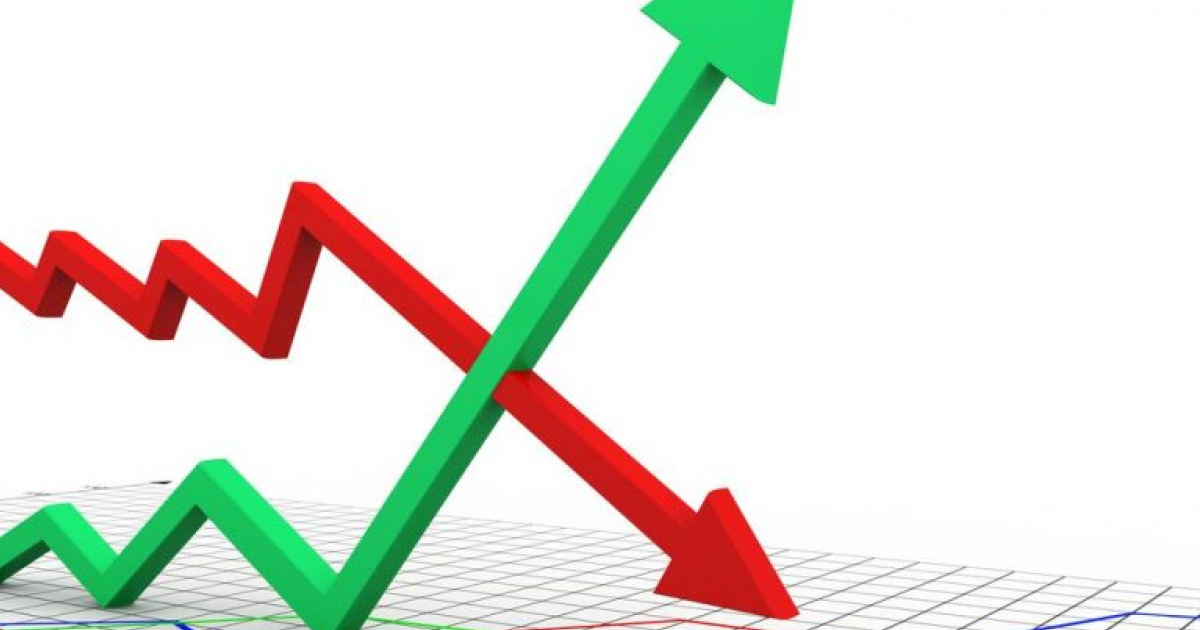The theme of fighting corruption in Ukraine is actively used for political purposes and for the redistribution of spheres of influence in the economy. Therefore, politicians are actually not interested in the results of this fighting. They can be discerned only with a microscope. Meanwhile, the external pressure on Ukraine strengthens in terms of anti-corruption.
Public enemies
The January resolution of the Parliamentary Assembly of the Council of Europe, in which the official Kiev is criticized for the slow progress in the fight against corruption, as well as the publication of the results of the annual Corruption Barometer survey which is conducted by Transparency International organization, are among the most recent examples.
Ukraine ranked 131 among 176 countries in the rating in terms of the level of corruption perception, failing to score 30 points and overcome the so-called "barrier of shame".
However, the current position is not yet the bottom. But much worse than it should be after the oath assurances of the President Petro Poroshenko about zero tolerance to corruption, that were made immediately after taking office 3 years ago.
But let us see why, in fact, corruption is a problem.
It will be easier to understand using the example. Once, during the official travel in one of the district towns of Central Ukraine, I had lunch there at a roadside cafe.
Prices in this place frankly shocked – they were at the level of the capital's restaurants. And it is here, in the remote rural area! However, the menu was brought to us by mistake, not having understood.
As the head of the district state administration previously supplied us with the following instruction: "Go straight along the road, and there will a cafe after the second turn behind the bridge. Tell there that you are from me – and you will be feed".
As a result, it happened in this way. We do not have to pay for lunch. But it is really costed something to someone.
And how many more of such guests on duty should be taken – and should the head of the district meet all of them properly?
It is clear that his district budget does not provide such an article as "representational expenses".
Similarly, it is obvious that the owner of the cafe will not dare to refuse the head of the district – otherwise his cafe will be closed at a blink of an eye.
It is necessary to compensate for the additional costs of the special service by raising prices. In other words, at the expense of the ordinary visitors. And they are the ultimate consumers of all goods and services.
Similarly, the cost of electronics, computers, clothing and footwear abroad is far fewer than in our country – due to the customs "kickbacks" which importing companies have to pay.
Now we can generalize: corruption is essentially the unofficial shadow tax that increases the overall fiscal burden on citizens to the out-of-limit size. As a result, it lost the solvency of the population – along with the driver for the national economy development.
It makes no sense to sew clothes and shoes that no one will buy, to open new places of entertainment that no one will visit, to build houses in which no one will live etc.
And not because no one needs anything, but because it is simply not possible to afford it.
The corrupt officials themselves, mindful of the illegal nature of the received incomes, prefer to invest them in the foreign banks, villas, yachts, etc.
In other words, there is a continuous outflow of financial resources from the national economy. In addition, the total corruption in the government and state-owned companies reduces the efficiency of the latter down to zero.
The most common theme – the purchase of works, goods and services at prices that are artificially high, sometimes, by dozens of times.
The difference between the actual cost and the one that was posted by the state company, through the chain of the fictitious firms, is safely accumulates in the same place –foreign bank accounts.
And the state-owned companies has no money to the development, the available resources are gradually depleted.
That is why, for example, we have not completed the power units No 3 and 4 at the Khmelnytsky nuclear power plant, the coal mine "Novovolynska 10", normal roads, etc. for 25 years of independence.
Furthermore, when the law enforcement authorities begin to engage in extortion instead of crime prevention, then it is the weakness of the state as such.
And it is considered to pay no regard to the weak, whoever whatever stated in diplomatic forums. It is proved by the example of "Krymnash" and the "Russian Spring" in the Donbass in 2014.
So corruption is actually far from being a harmless thing. And the current Prime Minister Volodymyr Groysman is not too far from the truth, naming corrupt officials from the state control authorities as the "enemies of Ukraine".
The only problem is that according to V.Groysman, the society at large does not perceive the corrupt officials as class enemies.
Although, if you will have a look, not Poroshenko or, for example, the Prosecutor General, but the citizens should have zero tolerance to this phenomenon.
The vast majority at least. The chances of success are too insignificant to take them seriously without it.
But how great is now the scale of corruption in Ukraine in money terms and in relation to the total volume of the economy? And there is no unambiguous answer.
The fog of corruption
One could say that some presentations are given by the results of electronic declaration of property and incomes of the high standing public servants, judges and prosecutors – but it is not so. They do not give.
E-declaration campaign has generated only more questions. For example, too much variation in the amounts of the declared cash pays attention.
For example, the major case investigator of the Prosecutor General's Office Yuriy Kryvobok has specified the greatest amount by prosecutors - $ 2.612 million, while the Deputy Head of the Prosecutor General's Office Anatolii Matios GPU has $ 1.715 million.
Y.Lutsenko himself has "modest" $ 804 thousand according to his declaration, immediately followed by the Senior Investigator of the Prosecutor's Office of the Kharkiv oblast Denis Popov and the Prosecutor of the Support Department of the Public Prosecution of the Prosecutor's Office of the Kiev oblast Oleksandr Halayba, who have $ 670 thousand and $ 630 thousand respectively.
It is clear for any person who has an idea of the bureaucratic vertical that subordinate cannot be richer than boss in principle.
Firstly, he must throw a bone to the top, while the boss can afford to share with no one. Secondly, the boss is one and there are a lot of subordinates.
As the phrase goes, every little bit helps… Thirdly, the boss has the authority to decide more important and monied matters than the subordinate by virtue of his status.
That is why the Investigator of the Regional Prosecutor's Office cannot be richer then the Regional Prosecutor, not to speak of the Deputy Head of the Prosecutor General's Office of Ukraine. And it is similarly for the rest of departments.
So we can agree with the assumption that certain officials understand e-declaration for themselves as the so-called "zero declaration" – in which the indicated amounts are not taxed or taxed at a reduced rate.
And taxes are paid in full in all the subsequent incomes.
Consequently, the individual judges, prosecutors and inspectors have indicated the amount of cash in advance, taking into account their future "earnings", so they would not pay taxes and explain their origin.
But in fact the past e-declaration is not "zero", and the draft law on "zero" declaration continues to gather dust within the walls of the Verkhovna Rada.
It is difficult to judge the incomes of the corrupt officials on the basis of the reports of detentions with bribetaking. Firstly, there is a wide space for creativity.
In other words, there are no approved single rates, the amount of the fixed charge depends directly on the appetites of a specific corrupt individual.
And by the way, exactly the unreasonable requests are usually the reason of appeal to the law enforcement agencies with a claim. The objects of extortion often prefer to pay – it is easier.
Secondly, it is not possible to estimate the proportion of the direct bribetaker in the received "improper advantage", and how much he had to give to the higher management.
All the more so as nothing goes to the top depending on individual cases – and such episodes just became the subject of attention of the security forces because they do not hide behind the influential protection.
So it is not possible to calculate up to a kilogram the share of corruption in the Ukrainian economy. But it can be done approximately.
According to the calculations of the Ministry of Economic Development, now 35% of the gross domestic product (GDP) of Ukraine are in the "shadow". It reached $ 73,331 billion at the end of 2015.
Assuming that the business "kickbacks" are about 30% of the turnover, as well as taking into account that the legal business also often has to resort to "kickbacks", you can evaluate the overall size of corrupt extortions in the 15% of GDP.
Or $ 11 billion. It is really a lot - in the developed economies this figure is much less than 10%. Ukrainian figure is impressive - and it is close to reality.
There were not so much of large bribes, lighted in the criminal roundup.
For example, the detention of the NBU Department Director Serhiy Shatskiy because of $ 25 000 bribe or the Director of the Department of the Ministry of Agrarian Policy and Food, who was caught upon receipt of $ 150 000.
But if you take into account the major of Sarny district department of police, who demanded $ 500 for returning the car from the impound lot or associate professor of Zaporizhzhya University, who demanded $ 40 for passing an exam – you will see that just due to such relatively small, but widespread and regular bribes there is a figure of 15% of GDP or $ 11 billion.
Modest achievements
In January Minister of Economic Development Stepan Kubiv announced at the Verkhovna Rada meeting that at the end of 2016, the shadowing of the Ukrainian economy declined by 5%.
He presented it as a great achievement, with great aplomb in his voice. But the truth is, 35% is also a large figure and there is no thing which S.Kubiv and his colleagues in the Cabinet should be proud of.
S. Kubiv also reported that in 2016 thanks to the introduction of electronic procurement system ProZorro, the government managed to save $ 370,45 million.
Of course, it is necessary to make allowances for the fact that the full transition to this system took place only on August 1.
Yet S.Kubiv’s deputy Maksym Nefedov previously estimated losses of corruption in public procurement at $ 1,85 billion in a year. The SBU previously voiced a similar figure – $ 1,92 billion in a year.
Savings of $ 370,45 million mean that in the best case theft decreased for less than a half. This, of course, is good, but it is absolutely not enough.
The work of the State Fiscal Service of Ukraine is even worse. In early December 2016, it reported on the elimination of 74 conversion centers.
The main question is how great was the extent of money laundering derived from taxation, or simply stolen in the form of a fictitious VAT.
So, Fiscal Service triumphantly reported the identification of "salaries in envelopes" with a turnover of $ 5.55, 8, 14.5, 20, 25.9 million.
But if we remember about 35% of the "shadow" of GDP, or $ 25,672 billion – then you will be surprised at the fact, why the tax service workers catch only a small fish, which most likely was trying to work independently, without the "roof". Only once, at the end of January 2016, the Fiscal Service caught a really large "fish" with a turnover of $ 185.229 million.
It acted in Kyiv, Kharkiv and Dnipropetrovsk regions, among its customers were 250 enterprises, including processing plants.
Once again, after comparing $ 5.55, 8, 20, 25.9 million with $ 185.229 million, it is not difficult to draw conclusions about the causes of the strange "myopia" of the Fiscal Service.
To complete the picture it remains to add that for all 3 years of the new government, which came after the Euromaidan and vowed that there will no longer be any corruption - no senior official had been imprisoned for a bribe.
But you can recall, for example, how on March 25, 2015 the ex-head of the State Service for Emergency Situations S.Bochkovskiy was taken in handcuffs before the cameras right in the hall of the Cabinet.
Or how on June 30, 2016 the head of the State Sanitary and Epidemiological Service S.Protas was detained - more than six months passed - and where is a show trial of the offender?
But the man accused of taking a bribe of $ 15 000 - and Interior Minister Arsen Avakov stated that it was only the first tranche.
Where is at least one lieutenant colonel, who was arrested on September 17, 2015 before the cameras right at the board meeting of the SBU?
Why did not they show online the conviction of corrupt officials and their escort to prison?
That's right - there was no trial, conviction or serving of punishment.
They quietly sorted out that the detainee is an honest man, and in no way to blame. And even if he somehow broke the law, it was unintentionally, with deep remorse.
That is how criminal proceedings end. The one who knows how to solve problems, will solve them. Moreover, no special skill is required - just not to be greedy.
To paraphrase a famous saying: "Share - and sleep well".
They make them share often and actively – media has lots of reports of detaining judges, prosecutors, officials of the middle level, and sometimes even of high rank.
Thus, under the guise of the fight against corruption there is a simple redistribution of the second level, which can be called as the "expropriation of the expropriators".
The first level is what the expropriators expropriated from businesses and citizens. The transition to the second level happens due to the fact that there is nothing to catch at the first level, nothing was left.
Customs takes its toll
Needless to say, the picture is not very cheerful. Corruption seems to be some mythical hydra, which can grow three heads instead of a severed one.
With a complete indifference of the majority of citizens. However, if desired, you can see a glimmer of light in this dark realm.
As an example we can take the situation with the Ukrainian customs and the attempts of its deshadowing by the current Prime Minister V.Groysman.
There are even popular jokes about the corruption of customs officials in Ukraine. Indeed, the enormous financial flows were going past the budget.
Here we can recall President Poroshenko’s educational work with the management of the customs, who promised to send dishonest customs officers to the ATO (no one was really sent there, by the way).
Previous Prime Minister Arseniy Yatsenyuk was going to disperse the Ukrainian customs officers and to hire the Swiss or the British instead. But negotiations with interested companies ended in vain.
V.Groysman also started with decisive actions - in June 2016 he created a mobile interdepartmental groups on combating smuggling, the famous customs "black hundred".
The "black hundred" staff was paid enviable by Ukrainian standards salary - $ 1250. But... neither V.Groysman nor the head of the State Fiscal Service Roman Nasirov never reported about the successes of this "black hundred".
However, the Prime Minister assured that the deshadowing of the customs is in full swing and as evidence cited the increase in customs revenue of $ 74 million per month since August.
But at the same time he also complained about the incredible sabotage on the part of customs officers, who deliberately, as he said, spoilt the new scanners for fast and thorough examination of cargo.
However, in the past six months there was a huge number of news reports about the detained for bribe customs officials.
Yes, none of them was imprisoned, but at least, let’s admit that the security forces actively catch corrupt customs officers. And force them to share.
Nevertheless, a truly turning point was not the beginning of a wave of arrests, but the adoption on January 25, 2016 Cabinet decree authorizing customs the right to keep the 10% of the over-fulfillment of the budget plan allocations.
Therefore, to spend money at their discretion, including the awards to themselves. That is the pivot point, which is able to completely turn the situation at customs.
Of course, it is not real to root out corruption for 100%. But at least, it can be reduced to a size that will no longer threaten national economy and the state.
Because customs officers will have an incentive to fill the budget, and not their pockets. They will not remain with nothing – but at least without any conflict with the Criminal Code or serious material losses.
As the experience of other countries shows, only such solving of corruption problem seems possible for all areas of social and economic relations.
Since it is nearly impossible to deal with the problem using solely repressive methods. For example, in China corruptionists are even executed - but their number does not become less anyway.
Vitaliy Krymov, OstroV
